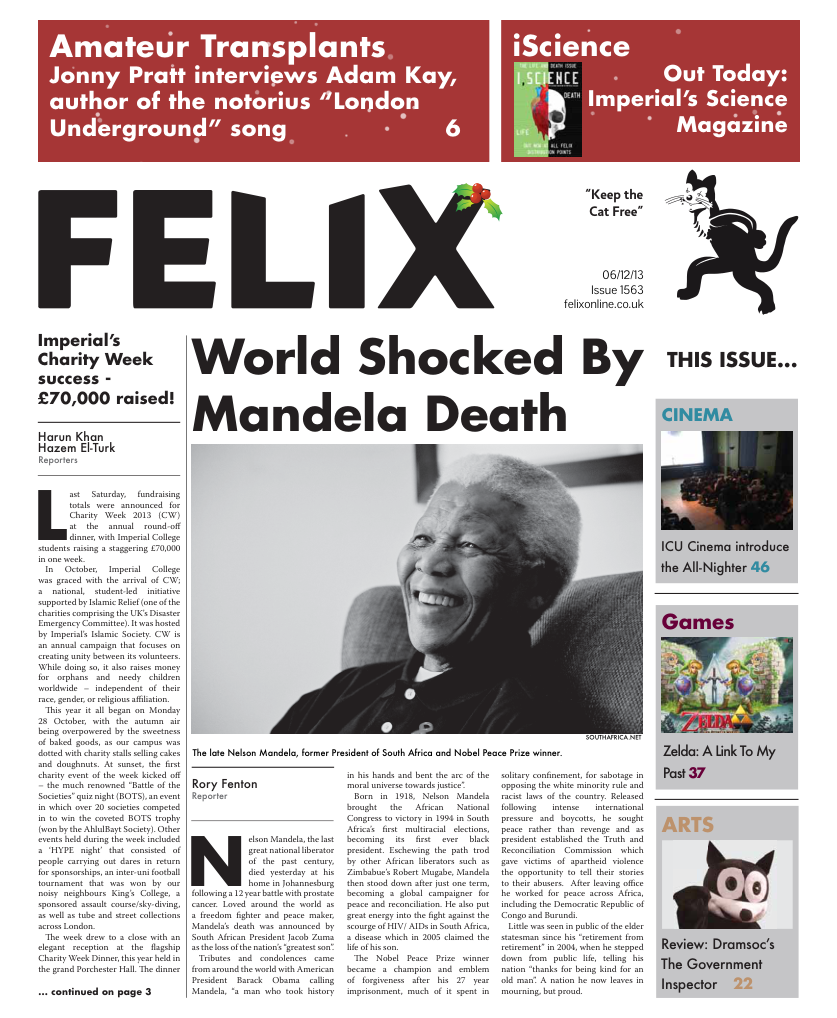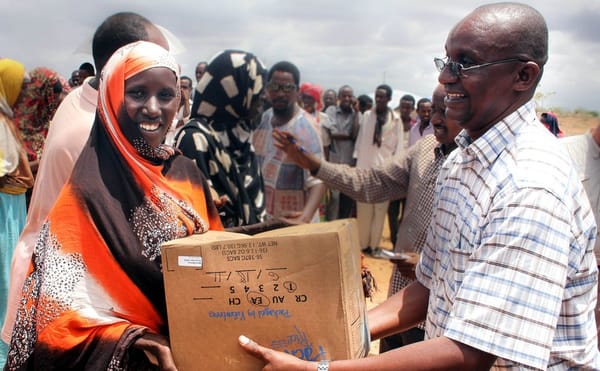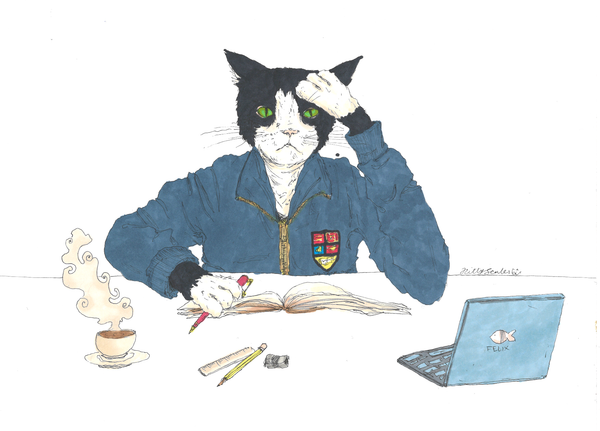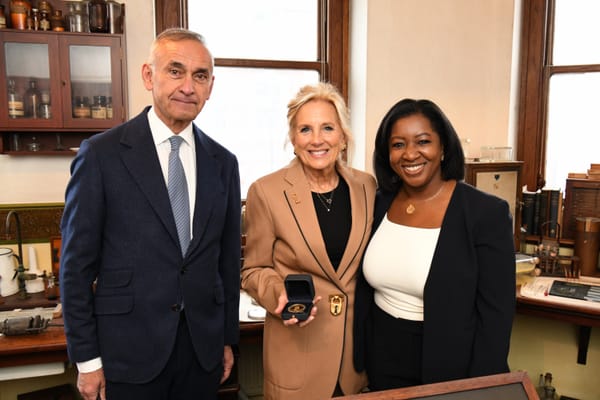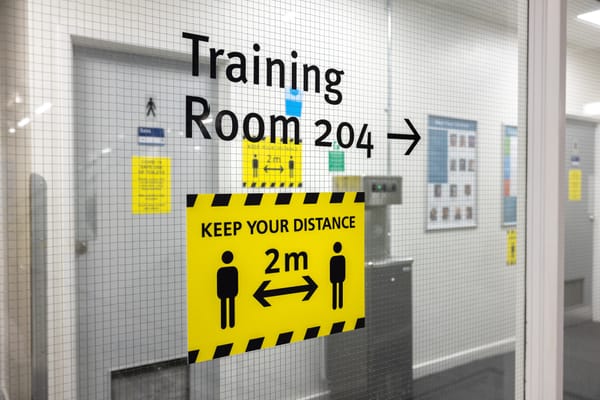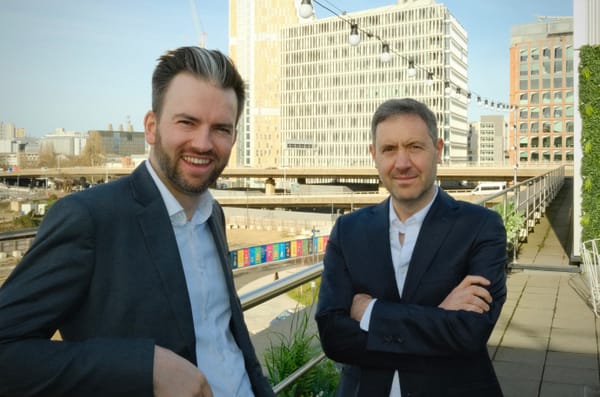An Opening into the PG Open Day
One cold Wednesday afternoon earlier this week, your fantastic Features editor deigned to trespass and snoop around formally check out and report the annual Postgraduate Open Day happening at the South Kensington Campus...
One cold Wednesday afternoon earlier this week, your fantastic Features editor deigned to trespass and snoop around formally check out and report the annual Postgraduate Open Day happening at the South Kensington Campus. It was much less of a hassle than expected, as I had turned up with Joe Letts’ name card for clearance purposes but may as well have come dressed as a school kid for all the difference it made.
As an undergraduate myself, my objective was to find out what motivated people to consider becoming postgraduates and to come to or stay at Imperial for PG studies, and how Imperial addressed their interests in the form of the Open Day.
The focus point of the day’s proceedings was the departmental exhibition in the Great Hall, with each department also organising their own tours throughout the day. As such, the bulk of sleuthing around was confined to the Sherfield building itself.
It was clear that some departments were much more bothered about the even than others; evidenced by the relative abundance of sweets on offer atop their tables and the spread of pamphlets and other assorted paper what-have-you-nots (that are great for grabbing and walking away with when you don’t want to talk to the other party anymore, handily enough.) The awesome Physics department even managed to magic up a floating shark to supposedly earmark their location (the link between the two was beyond me.)
While lapping the Hall a number of times that would impress Avogadro, and trying not to look the part of a dodgy creeper taking pictures of people repeatedly, I managed to circumvent the focal point of the spotlight away from me a couple of times, by interviewing some attending prospective postgraduates.
Lawrence, a 3rd year EEE student already at the College, felt that he wanted to come back to continue his PG studies here because: all his friends are here – why leave? His other motivations to pursue a PG degree in general were so that he could “learn more technical aspects of things, and gain specialisation in a particular field – something you don’t get from the broader scope of a UG degree”. In addition, he felt he wanted to make a contribution to academics after gaining so much from it.
Jane, a UCL Geology MSc alumnus who’d grown weary after ten years in the working world and felt becoming a Doctoral candidate was in order to spice up her life, put it bluntly: “Imperial is one of the best places to do a PhD in Meteorology … especially as it is twinned and closely linked with the NHM next door” – who’d have thought our neighbours would be luring students in for us? Thomas, a 3rd year IC Physicist, and Federico, a 1st year PG student in the High Energy Particle Physics (HEPP) focus group decided they wanted to answer my questions together. They agreed that carrying on and doing a PG degree commanded great recognition and respect even in today’s hyper-competitive world, and it was enthusiastically noted to be a great way to avoid having to get a job. Plus, it was a perk to remain at the largest Physics department in the UK!
Ryan, an Accountancy graduate from Birkbeck (UOL), claimed he was drawn to Imperial because in the Petroleum and Geoscience industries, many employees speak highly about our graduates and are usually themselves past students from here. Furthermore, London is a place he can’t stay away from, and not many universities offer the diverse range of technical specialisation courses that are available here at IC. He also revealed that he “regretted not doing a science degree for UG as it’s more valuable than what [he] has now – so [he] reworked his personal 5-Year Plan to make sure [he] end[s] up in a technical vocation.”
I then asked each student about how useful they found the departmental event and what suggestions they had to offer – perhaps most tellingly, Lawrence’s response was to merely open the Imperial Mobile app on his iPhone, select the PG Open Day icon and display the blank page to me. ICT couldn’t have been too pleased. It was also suggested that the registration process was unclear in general and that departmental activities were haphazard and not really apparent.
After I’d made several further unsuccessful attempts at distracting potential students from the actual event, I thought I’d annoy some of the (momentarily) less active booths and give them someone to talk to, although we could also go with the official reason of wanting to hear both sides of the tale. First I sat myself before the Institute of Chemical Biology’s Centre for Doctoral Training (ICB-CDT) booth, to figure out what they were all about. Generally speaking, they were all about a multi-disciplinary approach to PG work and focussed on drawing students with a STEM background to work on “interfacial projects to address the world’s problems”. They plan to take about 15 fully funded 4-year PhD candidates into their programme. When asked why they think students would want to come to Imperial and walk this path, they casually let on that Imperial’s ICB-CDT was one of the founding CDTs in the country back in 2003 and is world-leading in its research focuses.
Next, I approached the pair of Climate-KIC (CK… no, not that CK) and the Grantham Institute for Climate Change (GICC). Following a similar discussion, I gleaned that what distinguished the two departments was that while CK was more of a network for PGs to learn how to translate their innovative ideas into business models and a way to gain entrepreneurship skills (not least through a 5-week summer school), GICC was a decentralised body that worked across many departments at Imperial to fund PhDs that addressed their climate and environmental focuses. Moreover, GICC felt they were alluring as they were exclusive to Imperial and offered public engagement and policy exposure opportunities, while CK served up unparalleled networking opportunities due to Imperial’s reputation and good career opportunities due to industrial partners.
I also asked all three departments about how valuable they found the Open Day event to be in garnering applications, and what other publicity strategies they preferred to use – ICB-CDT said they found it extremely valuable to be there as usually a third of their applicants are obtained as a direct result of the Open Day and CK expressed similar sentiments, however GI admitted that they were present only to “cover all their bases” and usually got their applications as a result of word-of-mouth publicity and the internet.
With my job done, I swiftly grab a fistful of chocolates from a booth near one of the exit doors, capped my camera lens and walked out, savouring the fact that I was still merely an undergraduate. TL;DR – become a postgraduate to avoid getting a job!

